It was seven years ago when Krasinski first had the idea for Some Good News (SGN), but he only decided to capitalize on the concept after an isolation-induced tweet on March 25, in which he asked his followers to share things that made them feel good or smile. The tweet astoundingly received over 3,000 comments and nearly 20,000 likes.
Seeing the virus-plagued public’s voracious appetite for feel-good stories, the actor/director/producer launched SGN on March 29, with production partner Allyson Seeger. Together they aired eight YouTube episodes, overflowing with pleasant programming from regular people, as well as occasional celebrity cameos by the likes of Oprah Winfrey, Brad Pit, and former Krasinski coworkers from The Office.
In the first episode, former Dunder Mifflin manager Steve Carell (aka Michael Scott) stopped by to chat about favorite Office memories, which garnered over 17 million YouTube views. The other seven SGN installments also drew big audiences, each in the millions.
That kind of instant internet success rarely goes unnoticed, especially when featuring a star like Krasinski. Soon corporate sponsors such as AT&T and the Boston Red Sox entered the action with giveaways, while others floated a much bigger proposition—purchasing the series.
At first, Krasinski resisted the “wave of incoming calls from a wide variety of suitors,” but at some point, in the midst of a “massive bidding war,” the paper salesman conceded and decided to close “an expansive deal with ViacomCBS,” the value of which “has yet to be reported,” but is very likely “rich.”
For many, Krasinski’s media contract changed the narrative from Some Good News to One Big Sellout. Fueling the social media storm were tweets of disappointment and anger, some snarky, others more serious:
- So he made 8 YouTube videos comprised largely of unpaid contributions from fans, sold the brand to a major conglomerate, and isn't even going to make it anymore? Just cashed out? Does this rub anyone else the wrong way, kinda? (@Lons, May 22)
- Remember when he created this free feel good YouTube show to “make people feel good” and now he is................selling it for $$$? really cool, 100% honorable (@lindseyweber, May 21).
- Super awesome how you found a way to take a genuinely heartwarming viral series and sell out to the highest bidder (@kswa1987, May 22).
- This whole 'Some Good News' sh-- was so transparent. John Krasinski basically monetized feel good stories when there was an opportunity to do so. It's just all about money while, appearing relatable to the unwashed masses, and it's super obvious (@EckhartsLadder, May 26).
- You are profiting off Some Good News!?! I bought you hook like me and sinker... believed you were just trying to bring goodnesses to light. Going from YouTube (free) to a pay service...so disappointed...sellout!!! (@hydenson, May 22).
- The "Good News" that @johnkrasinski had on his program is that he is now a sell out and putting his program behind a paid service so way less people can see it. He has made money off his "Good News" program while people are dying, laid off, can't get food, etc. Smart, John (@JustAHikerinVA, May 22).
When so much harsh criticism is hurled at one of America’s most admired celebrities, one has to wonder if maybe there’s some merit to the sentiment: Did Jim Halpert’s biggest sale come at the people’s expense? Answering four key questions may help clarify the controversy:
1) Was creating SGN part of some diabolical plan? Lest we forget, the same actor who played Jim now portrays a more cold and calculating character, CIA analyst Jack Ryan. In fact, Krasinski has blamed Jack Ryan for selling SGN; although, it’s not exactly like it sounds—more to come below.
It's hard to know for sure, but there’s little to suggest that it was Krasinski’s original intent to build up SGN only so he could sell it to the highest bidder. In fact, most evidence points to the opposite, for instance:
- He launched the first episode saying, “I am John Krasinski, and if it isn’t clear yet, I have absolutely no idea what I’m doing.”
- Among the show’s “low production values,” his daughters drew the SGN signage behind the ‘news desk’ and his own hand held the spinning globe used in the show’s opening.
- The Hollywood Reporter claims that “His original plan was to continue to make SGN for the free and wide audience that YouTube provided” and that he “initially resisted the urge to sell the series.”
2) Did Krasinski ‘use’ people to make the program? There’s little doubt that SGN wouldn’t have succeeded without the voluntary contributions of a wide variety of regular people. Did the unpaid populace get a raw deal in that exchange? Probably not, for these reasons:
- It’s unlikely that anyone was promised compensation for their participation, i.e., they did so eagerly for free.
- Those whose content SGN featured enjoyed what was likely for them a very exciting once-in-a-lifetime experience.
- No one needed to pay to watch SGN. People could view it for free on YouTube.
- Krasinski gave far more to SGN than anyone else. For instance, he “self-financed and self-produced” the show from his own home; he utilized his considerable professional talent; he leveraged his own fame to attract followers and his personal connections to enlist other A-List celebrities. Which of us can get the casts of Hamilton or The Office to show up on our Zoom calls?
3) Did Krasinski have a right to sell the series? It certainly seems like he was entitled to monetize his investment for the reasons suggested above and because of the following two points:
- The show was his baby. He created and developed it through much of his own time, talent, and resources.
- He made no promises about what he would do or not do with the show. A few of the negative reactions shared above suggest there was some sort of implied social contract: “John, you keep producing SGN at your expense, a few of us will contribute content to each show, and millions of people will watch if for free, indefinitely.”
4) Did his reasons for selling make sense? Most people, understandably, have focused on the considerable cash Krasinski will likely collect from the sale. As the first point below expounds, there’s nothing inherently wrong with making money, but there are also other reasons why selling SGN was the sensible thing for him to do.
- This blog has suggested many times: If you can give someone good value in an exchange and make money for yourself, it's a good thing. Furthermore, unless someone else is supporting us, we all need to make money in order to take care of our own needs and hopefully help others in need. Even if Krasinski doesn’t need more money, it doesn’t mean he shouldn’t earn more and maybe use it to benefit others. The fact that he had the conscience to create SGN suggests he’s the type of person who is likely to do so.
- Krasinski is a busy man. Besides being an actor (e.g., Jack Ryan), a director, and a producer, he’s a husband and a father, and he probably plays several other significant life roles. So, we can believe him when he recently explained that continuing to produce SGN “wouldn’t be sustainable with my prior commitments.”
- More people may be exposed to good news. In justifying his decision to sell, Krasinski added that he was excited about the potential for SGN to be seen by “so many more people.” Of course, millions were already watching the show for free on YouTube, but his suggestion is more than a convenient excuse or wishful thinking. It’s reasonable to believe that an organization with the experience, resources, and reach of ViacomCBS could carry the concept of SGN much further than a guy (even a top celebrity) working out of his living room. Plus, if SGN gains even broader appeal, it’s likely to attract knockoffs from other media, which wouldn’t be a bad thing for a society desperately needing to focus more on the positive.
Do all the above bullets mean that Krasinski’s decision-making was perfect? No. Before the sale was announced, he could have clearly communicated his intentions, which wouldn’t have satisfied everyone, but it would have significantly softened the blow. As such, my own takeaway from the events are:
- Good marketing communication responds considerately in a crisis.
- Great marketing communication avoids a crisis by anticipating reaction and proactively shaping the narrative.
As a rule, people are much more accepting of unpleasant information when we tell them in advance, rather than letting them hear it later from someone else.
So, back at Dunder Mifflin, maybe Michael gives Jim a little grief for not telling him he had such a big deal in the works. Still, The Office’s manager is elated that Halpert scores the Scranton White Pages (it’s a hypothetical metaphor; you have to watch the show). In the end, everyone can appreciate that John Krasinski’s sale of SGN was “Mindful Marketing.”
Learn more about the Mindful Matrix and Mindful Meter.
Check out Mindful Marketing Ads and Vote your Mind!

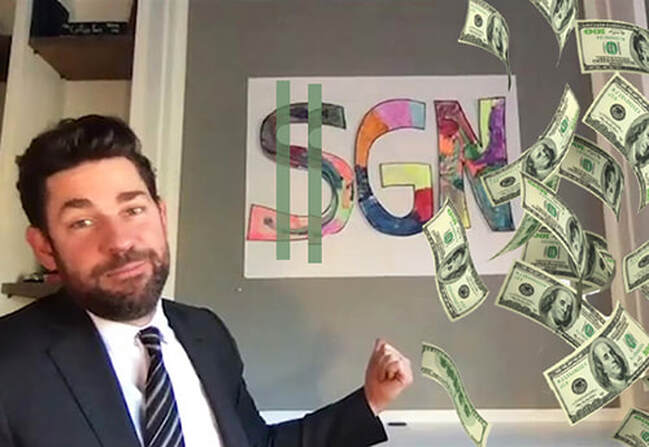
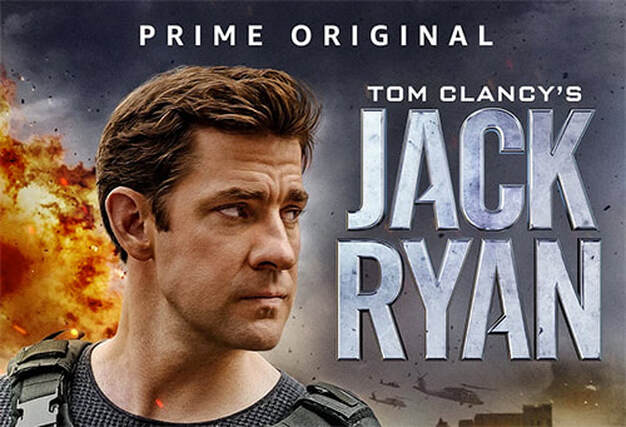
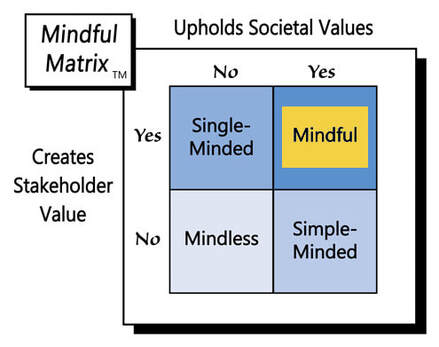


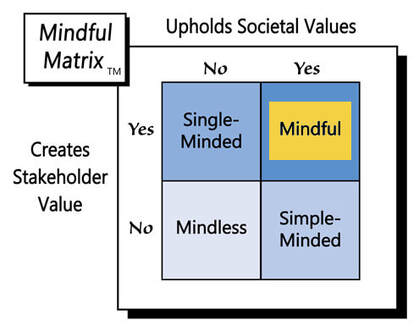
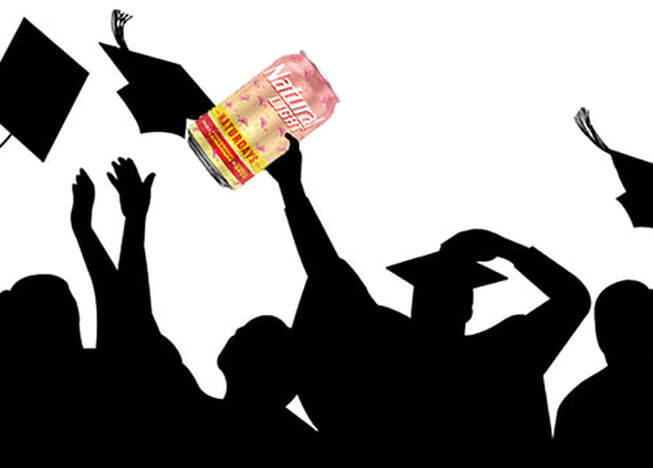
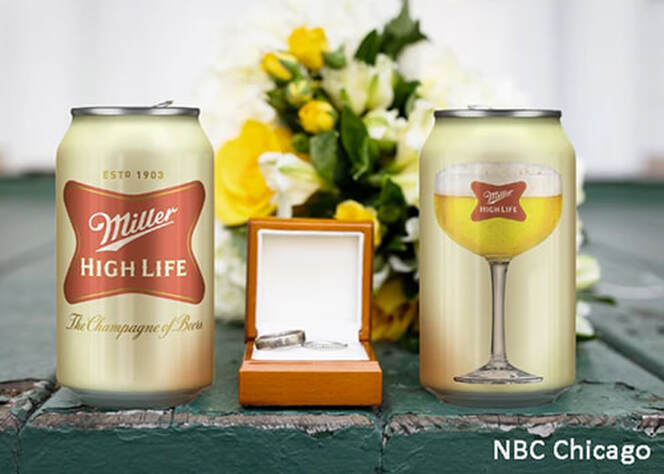
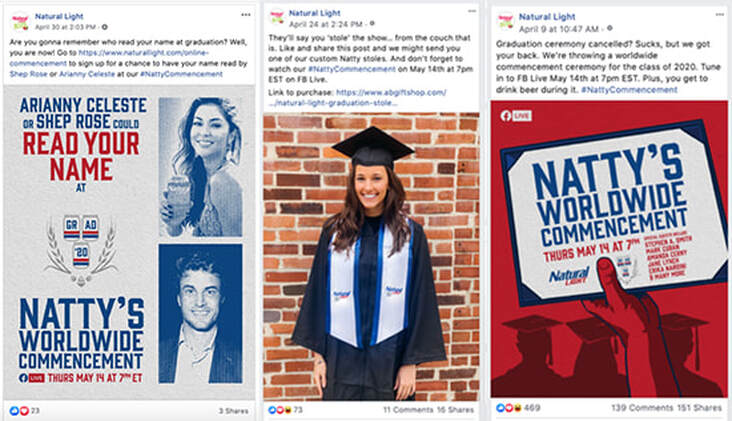
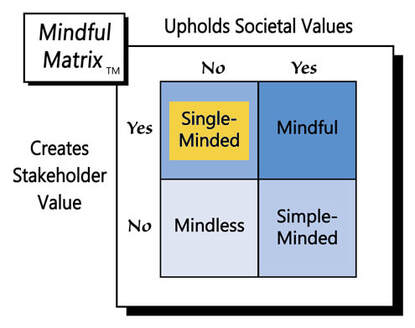
 RSS Feed
RSS Feed